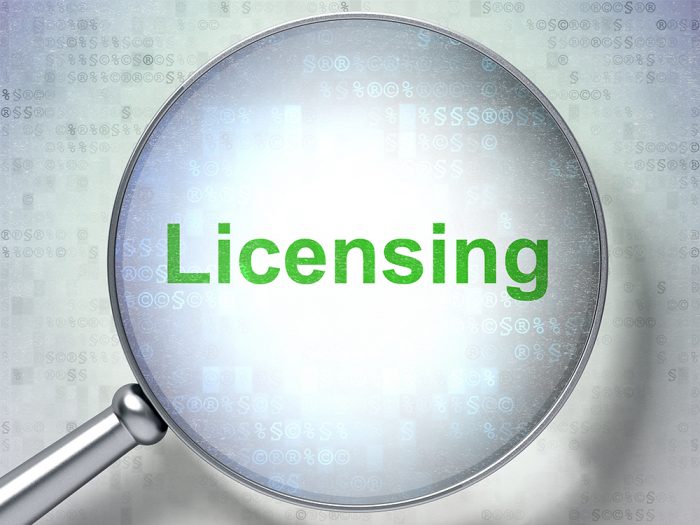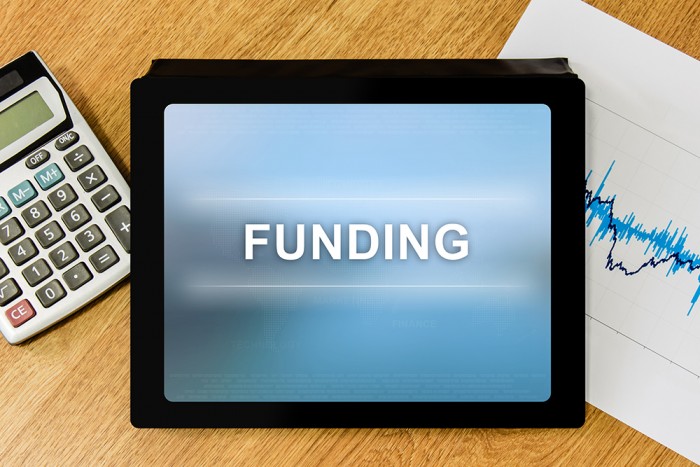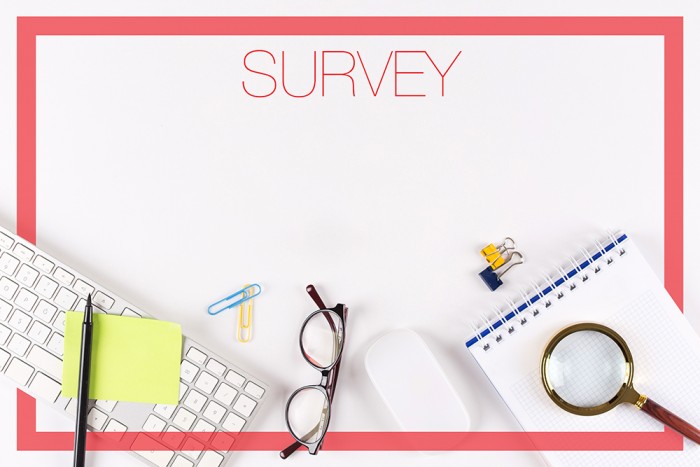The Pennsylvania Department of Drug and Alcohol Programs (DDAP) today issued Licensing Alert 08-2024 to detail the steps for SUD treatment providers to obtain a telehealth-only license from the department.
These DDAP-licensed telehealth-only providers may provide intake, evaluation, and referral, as well as outpatient or partial hospitalization services, via telehealth only without a physical plant location in Pennsylvania to individuals who are located in the commonwealth as long as the provider complies with all applicable federal, state, and local laws. Any DDAP-licensed provider can also provide some telehealth services as an option to in-person treatment. However, only a telehealth-only provider may provide 100 percent of its treatment services via telehealth.
DDAP will not require the provider to maintain a physical location in Pennsylvania. DDAP also will grant all telehealth-only providers an exception to § 709.11(b) regarding the requirement to conduct an onsite inspection for the renewal of a license as part of licensure.
Licensing Alert 08-2024 applies only to DDAP licensure. Providers that are considering applying for a telehealth-only license should consult their public and private insurance payers to confirm whether they will meet conditions for network enrollment and payment, as DDAP cannot guarantee a DDAP-licensed telehealth-only provider funding or a contract.
The full licensing alert provides additional information, including how to apply for the license.
Contact RCPA SUD Treatment Services Policy Director Jason Snyder with any questions.


















